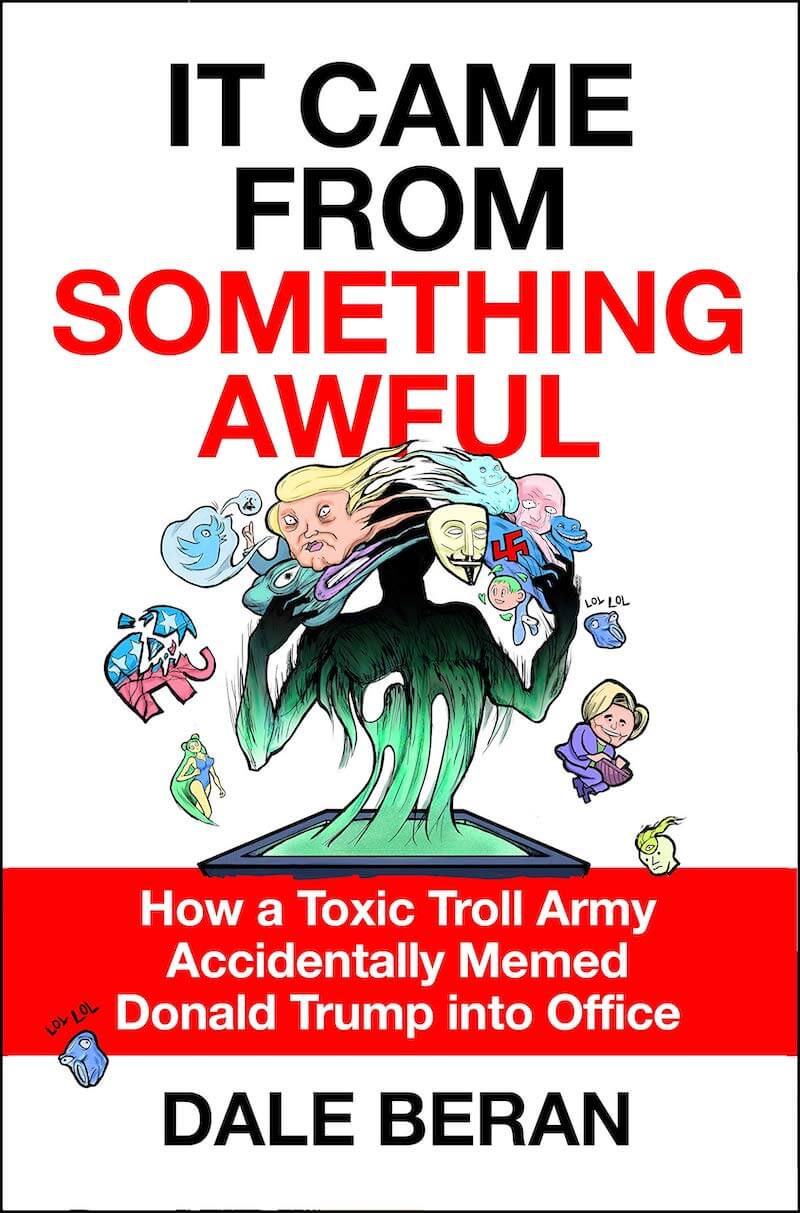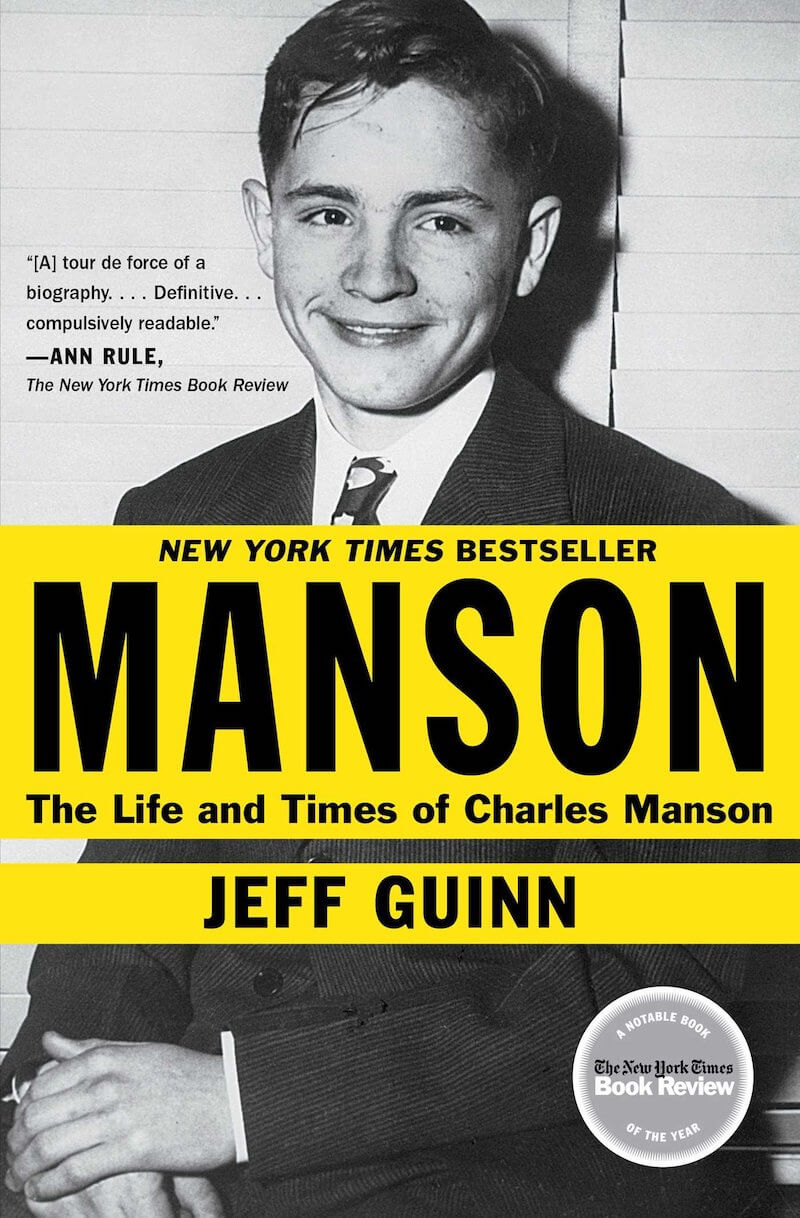Podcast fatigue, Donald Trump, and Something Awful
I’ve gotten tired of podcasts lately. Maybe I’ve listened to two (thousand) too many hours of interviews and pundit prognostications. Maybe I just need to sit with some thoughts a little longer than the 45 minutes to an hour that podcasts demand.
In place of the podcasts, I’ve been downloading audiobooks from the Seattle Public Library and listening to them in rapid succession. I’ve burned through a half-dozen books since Labor Day in my two hour walks to work. In many ways, the books I’m listening to examine the same themes as my current-events podcasts, but they spend more time with the subjects, really digging deeply into the roots of problems.

The audio book that has elicited the strongest reaction from me so far is Dale Beran’s It Came from Something Awful: How a Toxic Troll Army Accidentally Memed Donald Trump Into Office. It’s basically a history of men acting terribly on the internet, from the Something Awful forums to 4Chan to 8Chan to Gamergate to the alt-right.
In Something Awful, Beran digs deeply into this hidden history of the world — the part that unfolded under the guise of anonymity for the last few decades, while the rest of us were living our lives in reality. It’s a solid piece of journalism, connecting all the dots that have been right there in front of us all along.
But let’s be clear: the history of online chuds is not by any means a straight line. Trump was not an inevitable outcome of an inexorable forward march. Men behaving badly online have swung between the poles of the left (those worldwide protests against the Church of Scientology) and the right. To them, it’s not political — it’s about the chaos they can cause.
Beran reads his own book and he’s a capable narrator, adding enough irony to his voice that you can practically hear the eye-rolls at some particularly dumb online rituals. Hearing some of this online conversation read aloud is cringe-worthy — I’ll never hear “lulz” in spoken English without wanting to crawl into a ball and die — but in a way that helps fortify the book’s thesis. None of this stuff — not the pointlessly complex memes, not the rage at “normies” for living a life they can only dream of — is normal, or should be spoken aloud in polite company.
But of course now it has been spoken aloud. And Tweeted. And elected to the White House. Like a magical curse in some fable, what’s been spoken aloud can’t be taken back. We all live in 4Chan now.

Another audio book I’ve consumed recently proved to be especially illuminating when it comes to understanding the troll-in-chief. After watching Quentin Tarantino’s Once Upon a Time…in Hollywood (twice) and the second season of the serial-killer profiling drama Mindhunter, both of which involve Charles Manson, I decided to listen to Jeff Guinn’s biography Manson.
Manson is a pretty straightforward true crime biography, a speedy trip through Manson’s life as he creates a cult, tries to break into the music business, and orchestrates several murders. It’s well-reported, and not at all lurid. (Though I do question Guinn’s decision to refer to Manson as “Charlie” throughout the book; it feels too friendly to me.) If you’ve absorbed Manson in popular culture over the last few months and you have some blank spaces in the timeline that you need to fill, it does the job.
But the whole time I spent listening to Manson, I couldn’t stop comparing its subject to Donald Trump. Both of them are fascinated by, drawn to, fame. Both of them have amassed a cult of enthralled damaged people. Both of them have made kingdoms out of the shit that nobody else wanted to touch.
The similarities are troubling for any number of reasons, of course. But maybe the most troubling part of the book comes near its climax. Manson ordered the infamous killings in large part because his repeated attempts at scoring a record contract failed to materialize. Manson had been publicly shamed in front of his “family” when a record producer didn’t offer him a lucrative recording contract after an audition and, Guinn argues, Manson felt he needed to regain control of his followers with a big splashy act. It was, in other words, a matter of escalation.
Today, just a few days after Donald Trump warned the world that his followers would consider impeachment to be an act of “civil war,” and one day after Trump accused his political opponents of committing a “coup,” I’m wondering about that escalation born of humiliation. What would it look like, say, if a humiliated Charles Manson had an army at his command? If Trump truly does find impeachment to be a humiliation, how can he possibly escalate the situation in order to regain control of his followers? What if the real crimes are yet to happen?